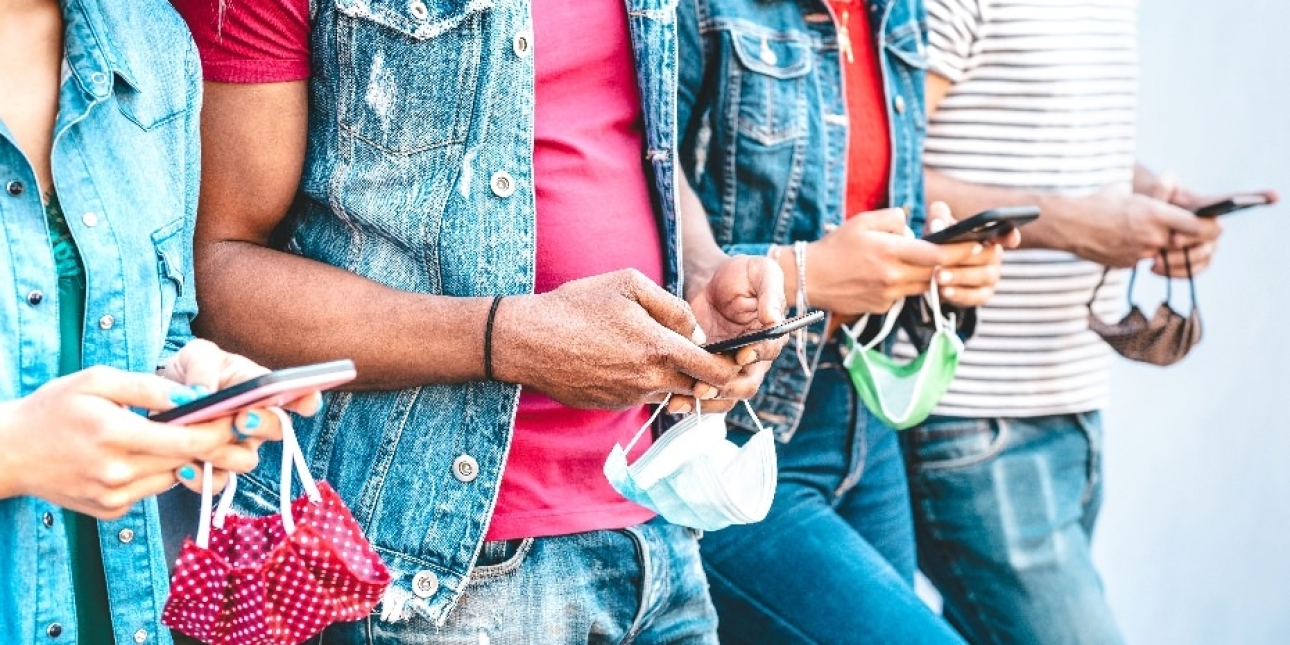PUBLIC RELATIONS
Thursday 15th October 2020
Influencers owning the news: opportunities become risk
By Alec Harden-Henry, Commercial Director, Influence Network.
Hopefully, by now, we all know that the approach you would take to placing an advertisement on a billboard and a piece of PR in a newspaper are entirely different.
You are unlikely to get a kind response if you send a glossy creative and a cheque to the newsdesk of The Times.
Though the difference between PR and billboards is clear, perhaps there is still some way to go before brands at large appreciate the nuanced opportunities, and the way to approach those opportunities, afforded by influencer marketing.
In a new survey released earlier in October, over one third of each of three different age groups (16-24 year olds, 24-34 year olds and 35-44 year olds) said that they were more likely to engage with influencer-generated news content than journalist-produced content.
That’s worth dwelling on for a second. The fact that 33%+ of 16-44-year olds get their news from influencers is newsworthy in its own right, but the implications going forwards could really make headlines.
We have known that news consumption has been changing for a while now, particularly amongst younger age groups. The TMZ/Buzzfeed/HuffPo revolution of the early noughties drove forwards a trend that has become a normality. News became crowd-sourced, more independent and from sources that catered to the specific needs of narrow age groups and interests, rather than all-encompassing outlets. What is a headline on Buzzfeed does not necessarily make the BBC.
That influencers are now making the news, in both senses of the expression, is the natural next evolution of this change.
We know that micro-influencers, in particular, are seen as ‘people like me’, by their followers. We are more likely to act on, be influenced by and listen to people who we perceive as having a similar place in life, similar problems and similar interests as ourselves.
It’s not a stretch then to see why so many people listen to influencers when it comes to the news, as well as, say, product recommendations. We assume that when ‘people like me’ share or comment on current events that those current events may have bearing on our own lives as well.
But what is the implication for brands given this shift? Now influencers are in the news business, should brands be more cautious of influencer marketing as a channel or have new opportunities just been opened to them?
Both options can be true. Certainly, the opportunities of being engaged in a news cycle, via influencers, should be attractive for most sophisticated brands, who have long sought to drive the news.
In this scenario though, the approach needs to change. Brands can no longer treat influencers as a billboard; send off a cheque and some creative and acquire a piece of digital space. News - PR, if you like - is more nuanced than that and brands who make billboard-style approaches to influencers who drive news are showing that they see influencers in a different way to how the public see them.
Brands who recognise this difference will be able to craft far-reaching campaigns, in active collaboration with influencers; campaigns which recognise, leverage and lead news cycles. Imagine a brand producing some form of helpful COVID-resource, for example, currently not provided by the government, and then leveraging news-driving influencers to promote its existence.
But brands need also to be aware of the risks. Covering the release of the new data for Influence Online, Scott Guthrie wrote that being involved in delivering the news means “social media influencers have a duty of care to their community of followers – and to society at large.” That will also extend to the brands who wish to engage with those influencers and the reputational penalties of not bearing in mind the importance of ethics and protection in news delivery will be severe.
Which brings us back to the wider industry understanding of how you approach the various channels you wish to utilise. Influencer marketing, as a channel, is distinct to any other. As influencers enter the news delivery business that channel will change further. The stakes for brands have gone up. It has never been more important to understand the channel and how the public sees it.
